Those who excel in virtue have the best right of all to rebel, but then they are of all men the least inclined to do so

Those who excel in virtue have the best right of all to rebel, but then they are of all men the least inclined to do so
In Aristotle's Nicomachean Ethics, he discusses the concept of virtue and its relationship to rebellion. Aristotle believed that those who excel in virtue have the best right to rebel against unjust rulers or systems, as they possess the moral authority to do so. However, he also noted that individuals who are truly virtuous are the least likely to rebel, as they are guided by reason and a sense of duty to the common good.Aristotle defined virtue as a mean between two extremes, with courage being the mean between cowardice and recklessness, for example. He believed that virtuous individuals possess a sense of moral excellence and strive to act in accordance with reason and the greater good. These individuals are able to recognize injustice and oppression and have the moral authority to challenge it.
However, Aristotle also recognized that truly virtuous individuals are unlikely to rebel, as they are guided by reason and a sense of duty to the common good. Instead of resorting to rebellion, virtuous individuals are more likely to seek peaceful and rational solutions to injustices. They understand the importance of stability and order in society and are reluctant to disrupt it through rebellion.
Aristotle's belief that those who excel in virtue have the best right to rebel highlights the importance of moral authority in challenging unjust rulers or systems. Virtuous individuals possess the moral clarity and integrity to recognize and confront injustice, but they also understand the importance of acting in a rational and peaceful manner. While rebellion may be justified in certain circumstances, Aristotle believed that true virtue lies in seeking peaceful and rational solutions to injustices.
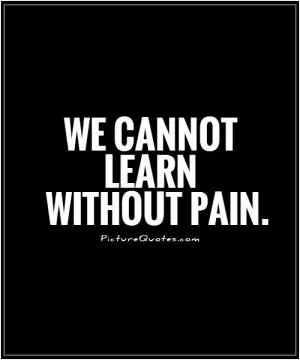


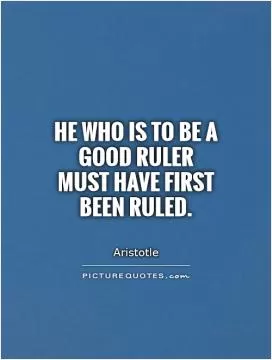
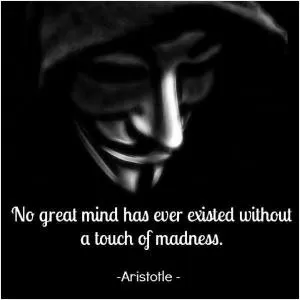


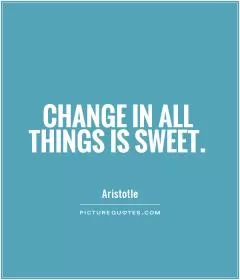
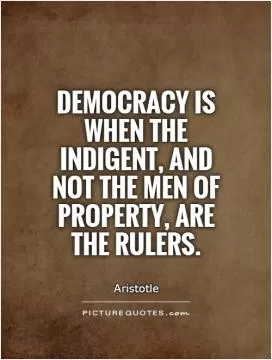
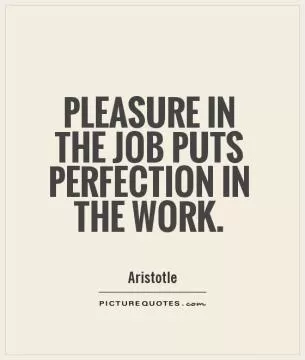
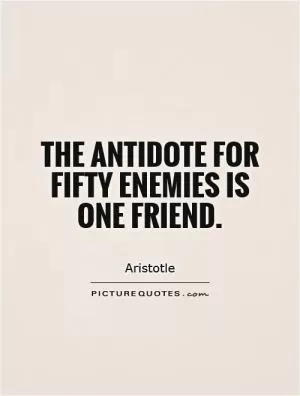
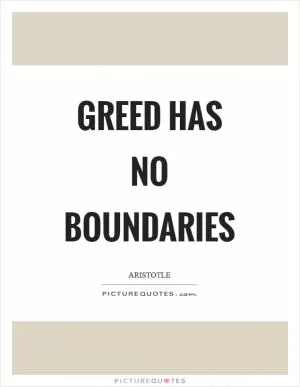
 Friendship Quotes
Friendship Quotes Love Quotes
Love Quotes Life Quotes
Life Quotes Funny Quotes
Funny Quotes Motivational Quotes
Motivational Quotes Inspirational Quotes
Inspirational Quotes